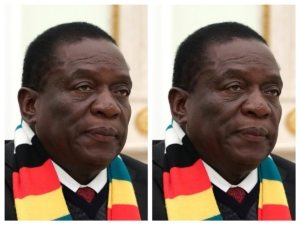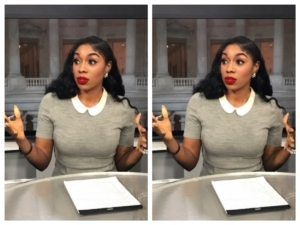OpenAI has announced that it has banned the creation of deepfakes depicting Dr. Martin Luther King Jr. following public outrage over a series of “disrespectful” and racist videos created using its artificial intelligence video generator, Sora.
The company announced on October 16, in a statement shared on X, confirming that it had worked with the Estate of Martin Luther King, Jr., Inc. (King, Inc.) “to address how Dr. Martin Luther King Jr.’s likeness is represented in Sora generations.” The move came after users exploited the Sora model to produce offensive depictions of the civil rights leader that quickly spread online.
OpenAI said it “has paused generations depicting Dr. King as it strengthens guardrails for historical figures.”
The company emphasized that, “While there are strong free speech interests in depicting historical figures, OpenAI believes public figures and their families should ultimately have control over how their likeness is used. Authorized representatives or estate owners can request that their likeness not be used in Sora cameos.”
In its public statement, the company added, “OpenAI thanks Dr. Bernice A. King for reaching out on behalf of King, Inc., and John Hope Bryant and the AI Ethics Council for creating space for conversations like this.”
The decision follows widespread criticism after several deepfake videos portraying Dr. King in offensive or fabricated contexts circulated online. Among them were clips that edited his iconic “I Have a Dream” speech, with one showing him making racist noises, according to The Washington Post. Other disturbing videos depicted figures resembling Dr. King and fellow civil rights leader Malcolm X fighting each other.
The viral spread of these clips sparked condemnation from the King family and renewed debate about the ethical boundaries of generative AI. Bernice A. King, the daughter of the late Dr. King, issued a public plea, writing online: “I concur concerning my father. Please stop.”
OpenAI’s video generation model, Sora 2, has gained significant popularity since its release on September 30. The company states that this latest version is “more physically accurate, realistic, and controllable than prior systems.”
Sora 2 is capable of producing sophisticated and realistic background soundscapes, speech, and sound effects. Additionally, it enables users to directly incorporate real-world elements, such as any human, animal, or object, into generated videos with a high degree of realism.
Bill Peebles, head of Sora, revealed in an October 8 post on X that the app had reached one million downloads in less than five days, “even faster” than what ChatGPT achieved. But as the model’s realism improved, so too did concerns about misuse.
READ ALSO: Meet the Ravens fan who went viral for his close resemblance to Martin Luther King Jr.
Sora has been used to create hyper-realistic portrayals of numerous public figures, living and deceased, including Queen Elizabeth II, President Joe Biden, Professor Stephen Hawking, and actor Robin Williams. Many of these videos have been shared widely online, often depicting the individuals in fabricated or bizarre scenarios. Zelda Williams, the daughter of the late actor, publicly asked people to stop sharing AI-generated clips of her father, saying such content was distressing.
OpenAI told the BBC in early October that it had built “multiple layers of protection to prevent misuse” and that it was in “direct dialogue with public figures and content owners to gather feedback on what controls they want.” The company has since said that feedback from such discussions will inform future updates to Sora’s safety systems.
Despite the move to halt depictions of Dr. King, OpenAI continues to allow users to create videos featuring other historical and high-profile figures. That policy has been met with mixed reactions, as many question where the line should be drawn in regulating digital likenesses.
AI ethicist and author Olivia Gambelin told the BBC that OpenAI’s decision to restrict the use of Dr. King’s likeness was “a good step forward.” However, she criticized the company for not implementing these protections earlier, saying it had taken a “trial and error by firehose” approach to launching the technology.
Gambelin warned that creating deepfakes of deceased historical figures represents “a lack of respect” and poses risks to public understanding of truth and history. “It plays too closely with trying to rewrite aspects of history,” she said.
READ ALSO: Dr. Martin Luther King Jr. Delivers Final Speech On This Day In 1968










